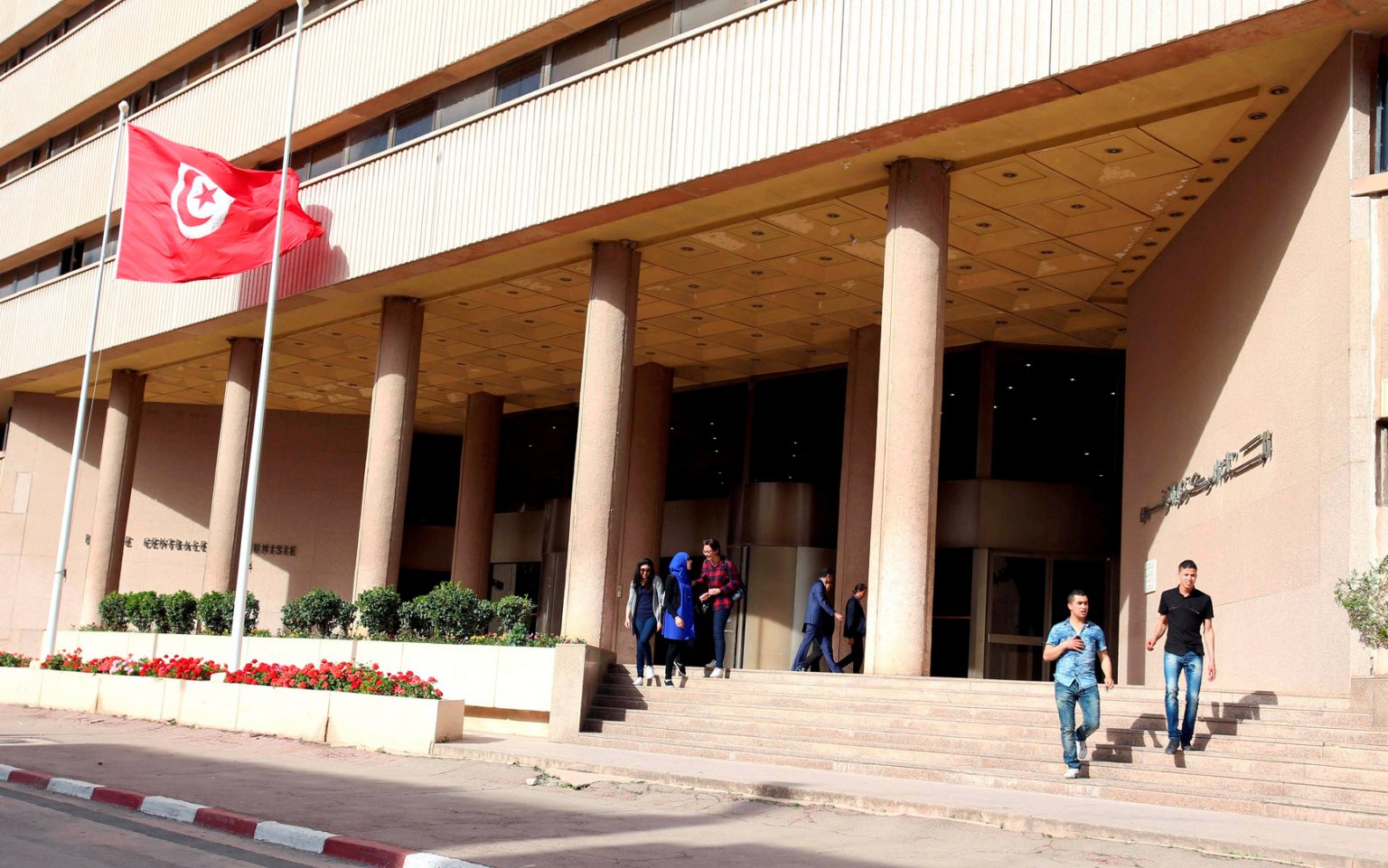The Tunisian General Labor Union (UGTT) has accused the government of Hisham Mchichi of targeting the Tunisian people, warning it against implementing any commitments with the International Monetary Fund (IMF).
At the end of last month, the Governor of the Central Bank of Tunisia said that there is no alternative to reaching an agreement with IMF.
The governor said the state’s resort to the Central Bank to finance the budget would get inflation out of control.
He also added that such budget financing would lead to the “Venezuela scenario”.
Tunisian labor union
“The central bank will not open budget financing again,” Governor Marwan al-Abbasi said in a speech to parliament.
For its part, the IMF said last month that it is in close contact with the Tunisian authorities to understand the technical details of their economic reform plans.
“we stand ready to support Tunisia and the Tunisian people to cope with the impact of the crisis, and move forward to an inclusive job-rich recovery and restore sustainable finances,” said Jerry Rice, a spokesman for IMF.
He also said that the Washington-based crisis lender’s staff met with Tunisian officials earlier this week, and the ongoing technical discussions are focused on understanding “their plans for that economic reform program”.
However, there is “no timeline” for finalizing an agreement, Rice told reporters.
Critical situation
The Tunisian Economy Minister, Ali Al-Kaali, had said that the country’s financial situation came out and he expected to reach an agreement with the IMF within three months, which is a shorter time frame than usual.
Tunisia’s debts rose and its economy shrank by 8.8%, while its fiscal deficit reached 11.4%, and it is in talks with other potential lenders, including Qatar, to help finance the public budget.
Tunisia is witnessing a stifling economic crisis, with an unprecedented decline in its gross domestic product, which reached 8.9% in 2020.
After years of economic stagnation, the COVID-19 pandemic has caused a dramatic decline in Tunisia’s economic performance, as its external debt has reached the symbolic ceiling of 100 billion dinars (about 30 billion euros), i.e. 100% of GDP.























































